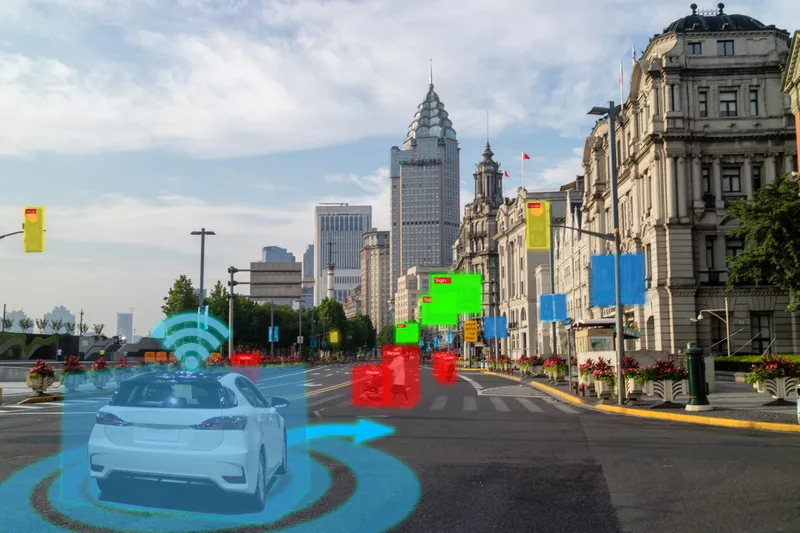US engineering company Ansys has bought virtual prototyping firm Optis to develop a solution for simulating autonomous vehicles (AVs) to improve safety and accelerate their deployment.
Under the agreement, Optis' optical sensor and closed-loop, real-time simulation will be integrated into Ansys' multiphysics portfolio to help remove the miles of road needed for road testing.
The combination of these technologies is intended to allow automotive manufacturers to simulate the environments which driverless vehicles are navigating, including road conditions, weather and one-way streets. Ansys' pervasive simulation solutions will be used to drive virtual AVs in realistic environments.
Additionally, the deal aims to enable Ansys to span the simulation of sensors, cameras and radar, the multiphysics simulation of components, analysis of systems’ functional safety and the automated development of embedded software.
Ansys acquires Optis to provide simulation for AV testing
US engineering company Ansys has bought virtual prototyping firm Optis to develop a solution for simulating autonomous vehicles (AVs) to improve safety and accelerate their deployment. Under the agreement, Optis' optical sensor and closed-loop, real-time simulation will be integrated into Ansys' multiphysics portfolio to help remove the miles of road needed for road testing. The combination of these technologies is intended to allow automotive manufacturers to simulate the environments which driverless
May 8, 2018
Read time: 1 min









